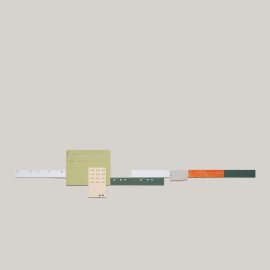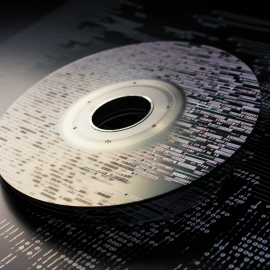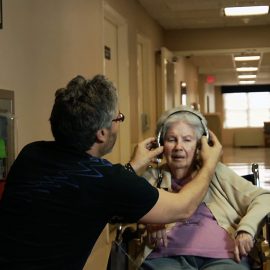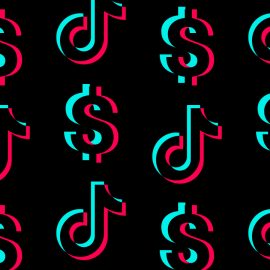A study of music’s magic – does sound have the power to heal?
Editor’s Note: This is the second part of an exclusive article by Ambientologist, a label focused on the psychological capabilities of music. Their releases can be heard on Bandcamp, while playlists aiming to promote various sides of mental development can be found on Spotify.
Read the first part here.
As an untalented music student with a poor grasp of musical theory (and even music’s history pre-1990), the one thing that seemed worth exploring was music’s magical effect on the mind. ‘Magical’ because, despite its profound effect in countless areas of life, its ability to do so is near impossible to explain.
With music’s healing abilities in clinical settings widely covered, I set out to investigate whether it was just as effective long-term, in our every day, ‘healthy’ lives. Gathering responses from participants on various health and musical engagement variables, I also asked, crucially, about their specific uses of music.
Participants rated themselves on health indicators such as their frequency of doctor visits, daily pain interference, energy levels, personal contentment, self-esteem, optimism, life purpose, stress frequency and duration, ability to fall asleep, and their ability to cope with stressful events. Questions also probed their musical engagement and some of the ways they put it to use.
The main finding was that those using music to withdraw, as a means of shutting out the chaos of the world, were significantly healthier in later life – in a number of physical and psychological measures.
DeNora’s concept of ‘musical asylums’ is, therefore, a relevant one. Being able to create a safe space within our own minds with the help of our favorite music could well be an effective tool in nurturing our own health. Our own source of healing magic.
A striking difference overall appeared between the age groups. Middle-aged participants saw distinct negative correlations between music use and health indicators, while older participants—those aged 50 and above—showed significantly positive correlations, often in the exact same indicators. What this might suggest is that those that use music to help with the stresses found mid-life eventually see benefits to their health in their later years.
Specifically, it was the employment of music to regulate emotions, withdraw from the world, and de-stress that was both the most used and potentially the most effective.
Emotional regulation, be it for the purpose of matching music to current emotions or attempting to change them, was most widely linked to positive health indicators. Using it to withdraw had the largest single correlation, with the frequency at which older participants needed to visit the doctor. And finally, the act of using music to de-stress was the most significant all-around predictor of healthy later life.
Simple engagement factors, however — simply listening often or even finding it personally meaningful — showed little relationship with health. Not even round-the-clock fanaticism can guarantee music’s full potential, it seems. Active, conscious use is apparently more important.
What stood out alongside this was that genre didn’t matter. Everyone reported wildly different styles of music that they would use for de-stressing or getting away from it all, yet there was no one genre that appeared to have a greater effect than the others.
All of this combined for a sense that, if music is going to have any effect at all on our health, the music itself is secondary. What matters is that we use it. Our specific uses might vary across one another and even change day by day, but what’s clear is that there’s something genuinely valuable in doing so.
I might throw on a Meshuggah track for catharsis, while someone else might opt for some acoustic folk music to wind down gently. Two approaches to the same problem, but comparable end results.
Most of us have a sense that music can be a powerful force in our inner lives. We might differ in our tastes and in the significance we put on it, but you’ll never find a culture without it. There’s something profoundly magical about it, the way it moves us and comforts us, the way it envelops us and takes us far away from our everyday reality.
It doesn’t seem too far of a stretch, then, that it could also have a deep-seated influence on our wellbeing, on our overall health. We’ve never had so much opportunity to surround ourselves with music in practically every waking second, and there’s never been so much variety on offer. If music can indeed help us overcome life’s obstacles and help us live happier, healthier lives, then we have never before been so fortunate as to have such a pool to draw from.
Ambientologist is a label focused on the psychological capabilities of music. Their releases can be heard on Bandcamp, while playlists aiming to promote various sides of mental development can be found on Spotify.







